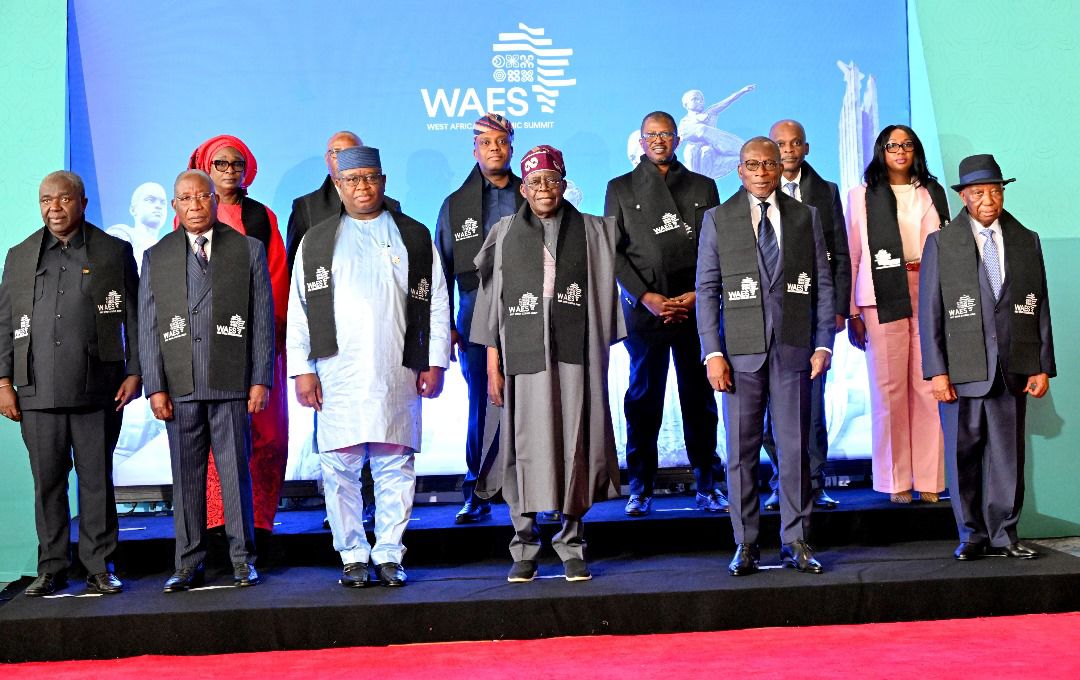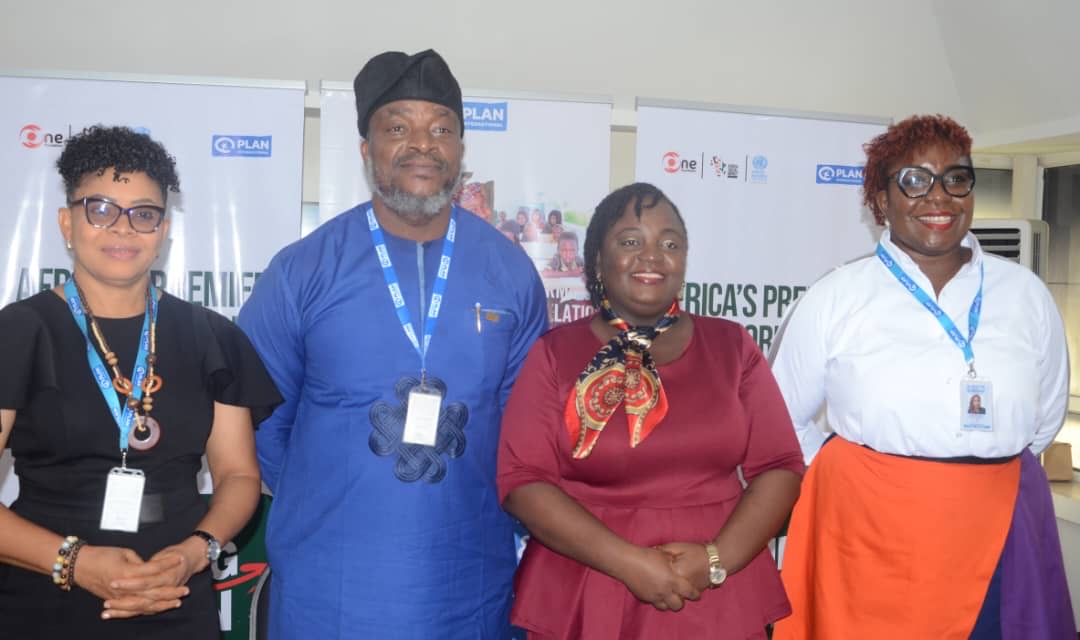Nigeria & Benin Sign Integration Agreement As Presidents Tinubu And Talon Lead Call For Regional Reforms
Posted on June 22, 2025

Nigeria and the Republic of Benin signed an agreement on Saturday to deepen bilateral integration and serve as a model for broader regional cooperation within ECOWAS.
The signing ceremony, witnessed by Nigerian President Bola Tinubu and Benin Republic President Patrice Talon, occurred at the inaugural West Africa Economic Summit (WAES) in Abuja.
Nigeria’s Minister of Industry, Trade and Investment, Dr. Jumoke Oduwole and Minister of State for Foreign Affairs, Ambassador Bianca Odumegwu-Ojukwu, signed the agreement, alongside Benin’s Minister of Industry and Trade, Shadiya Alimatou Assouman, and Minister of Foreign Affairs and Cooperation, Shegun Adjadi Bakari.
President Talon declared that the move signified a bold step toward real, actionable regional integration.
“President Tinubu and I have agreed on full integration between Benin and Nigeria. The responsibility now lies with our ministers to implement it. Benin and Nigeria are more than twins—we are the same people. Let us show the region that integration is possible,” he said.
Earlier in his remarks, President Talon called for urgent reforms to rescue West Africa’s stalled regional integration, describing the Economic Community of West African States (ECOWAS) as “in crisis.”
“ECOWAS is a perfect example of regional integration. Unfortunately, our ECOWAS is in crisis right now,” he said.
He cited the West African Gas Pipeline, which was designed to enhance regional energy cooperation, as an example of failure due to administrative bottlenecks:
“It is ridiculous. This failure of regional cooperation wastes resources and undermines integration,” he said.
As a result of these delays, Talon said Benin has had to source gas from Qatar via a floating storage and regasification unit (FSRU).
On the West African Power Pool, another regional initiative, he said:
“We invested heavily in this infrastructure. But it is not functioning as expected. Unless we act decisively, I’m not confident it ever will.”
President Talon also addressed logistical obstacles along the Lagos–Abidjan Corridor, which unnecessary border checks and harassment have hampered.
“The road exists. But a businessman should be able to travel from Lagos to Abidjan in hours—not days—without facing harassment at multiple checkpoints. That is not integration,” the Beninois leader declared.
He warned that poverty remains the region’s most dangerous destabilising force.
” Poverty is the main threat to democracy, security, and stability. If we do not address poverty through integration, our values will remain hollow.”
Referencing changing global trade dynamics, President Talon cited U.S. President Donald Trump’s protectionist policies as a signal for African nations to prioritise their interests.
“The trade war should remind us that nations act in their interest, and so should we. At some point, we may even have to thank President Trump for that reminder.”
Talon urged West African leaders to move from talk to action.
“If we cannot create wealth and opportunity, all our other values—democracy, liberty—cannot be sustained. Integration must be real. Integration must be delivered,” he said.
Earlier, the Presidents of Sierra Leone and Benin delivered national statements at the summit, which preceded the 67th Ordinary Session of the ECOWAS Authority of Heads of State and Government, scheduled for Sunday, June 22, 2025, at the State House Conference Centre, Abuja.
Representatives of other West African leaders delivered statements on regional integration and prosperity. At the same time, UN Deputy Secretary-General Amina Mohammed and the Director-General of the World Trade Organisation (WTO), Dr Ngozi Okonjo-Iweala, sent recorded video statements.
Liberian President Joseph Boakai affirmed Liberia’s commitment to ECOWAS and regional blocs like the Mano River Union in reducing trade barriers, harmonising policies, and enhancing competitiveness.
He praised President Tinubu, Chair of the ECOWAS Authority, for convening what he called a “timely, strategic summit.”
“This summit offers a vital platform for reflection, coordination, and renewed commitment to the economic transformation of our subregion,” Boakai said, adding that while the challenges in the region are complex, “they are not insurmountable.”
President Julius Maada Bio of Sierra Leone highlighted the need to unlock the region’s economic potential in the face of growing global pressures.
“This potential must be unlocked through strategic integration, particularly amid rising public debt, climate vulnerability, food insecurity, and geopolitical uncertainty.”
He urged West African leaders to accelerate regional integration.
“Trade integration must start with a strong political commitment. We must engage in key initiatives like the ECOWAS Trade Liberalisation Scheme and the Common External Tariff to harmonise trade policies and reduce tariffs.”
On monetary policy, President Bio expressed his country’s support for a single regional currency.
“To deepen intra-regional competitiveness, we must accelerate progress toward monetary union. A single currency would reduce exchange rate costs, support price stability, and improve the business environment,” he said.
Categorised as : News
No Comments »
Related posts













